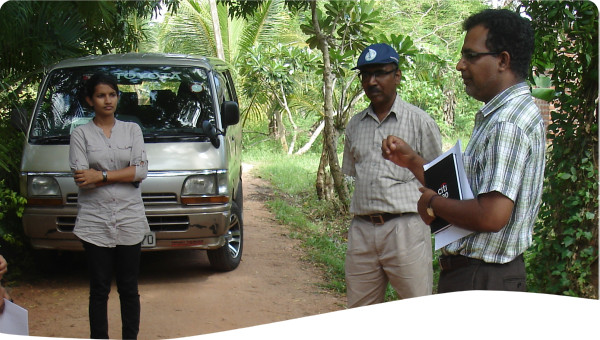Impetus in New Zealand for the development of theory, process, and techniques of social assessment comes from major social change. This change has been in the restructuring and reform of the public service and the resource economy. It has been paralleled by reform of local and regional councils and the legal basis for resource management. This has led not only to renewed interest in creative procedures and techniques for use in the broad field of environmental management, but a need to build and extend expertise as well. The text begins with a critical examination of the historical background of social assessment, the common problems that have emerged and suggested solutions leading to new perspectives. This focus on both constraints and prospects for new approaches continues in Chapter Two with a discussion of orientations to the field and typical work environments in which practitioners tend to operate. Shifts in orientation are advocated. The basis for a new, issues-oriented approach is detailed in the remaining chapters. Within Chapter Three a theoretical overview is provided along with base assumptions for the new approach, assumptions drawn from environmental sociology and other innovative areas of social theory. The process of social assessment, including the need for adequate institutional arrangements, is examined in Chapter Four. In Chapter Five a flexible, analytical approach to the collection and analysis of data for social assessment is introduced. This approach requires a basic conceptual framework, as discussed in Chapter Six. Then various techniques for collecting data are discussed, including secondary data and surveys in Chapter Seven, and information on economic impacts in Chapter Eight. Finally, in Chapter Nine, qualitative and consultative methods are discussed as fundamental to the issues-oriented approach. Short case studies are used for illustration.
Description / Abstract
Publication year
Publisher
English
 Resource -
Resource -
